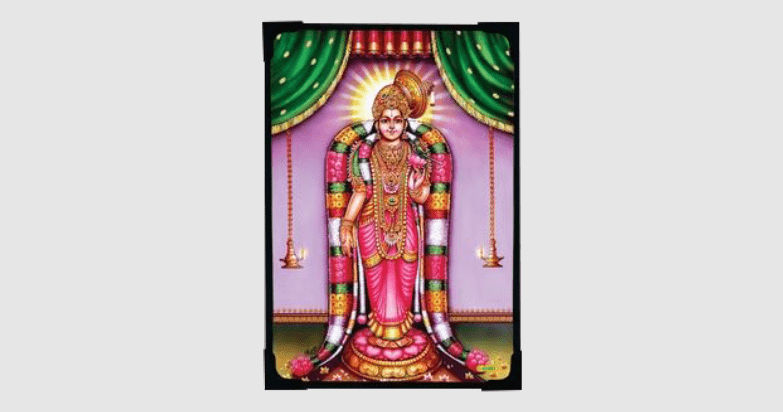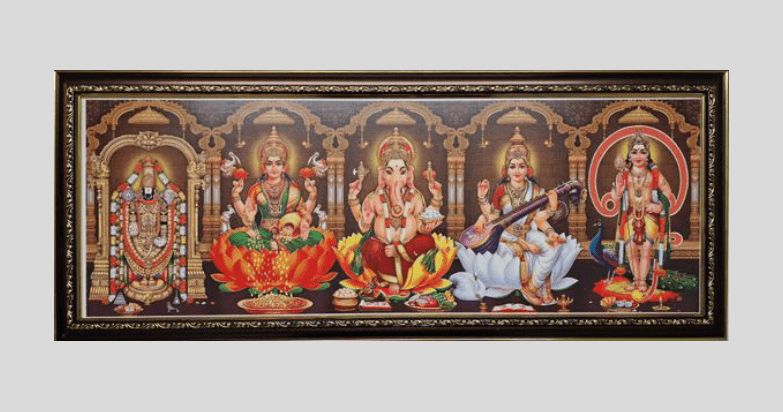Makara Sankranti


Makara Sankranti
Most Hindus know this to be the first festival in the new year, but here are some lesser known facts about this important festival. Sankranti simply means ‘transition’, and here it refers to the transition of the sun from one sun sign to the next and this happens every 30 or 31 days. Although every Sankranti is important, the one that happens around the middle of January is celebrated as a major festival because the sun also begins its journey from the southern hemisphere to the northern hemisphere. Days get longer, brighter and warmer, and so this marks the start of the growing season for produce. Sankrantis are the only festivals based on the solar calendar rather than the lunar.




Makara Sankranti is celebrated as a four day festival in several parts of South India. This is when the sun enters Capricorn. Bhogi is the first of these 4 days and is celebrated on the 7th day (Saptami) from the no moon day. According to tradition, a bonfire would be lit to burn agricultural waste and making the land ready to sow a new crop after the winter. Bhogi is also the day when the divine wedding of Andal, the deity in SriRangam takes place.
Makara Sankranti is celebrated as Thai Pongal in Tamil Nadu and is essentially a harvest festival, celebrated to offer gratitude to the Sun God for providing all the crops in the past year. This festival is of immense cultural significance to the local community and is celebrated with a lot of pomp and fervour. Homes are beautifully decorated and Pujas are performed to usher in the new month and the new season.
One of the key rituals during the festival is the preparation of a dish called pongal. This is a sweet rice dish prepared using freshly harvested rice, jaggery and milk. At the start of preparing this dish, the milk is allowed to boil over as it is considered auspicious and symbolises prosperity and abundance. It is considered as a sign of good fortune that will flow through the coming year.


In northern parts of India, people celebrate this day by flying kites. A fun way to bring people out in the sun after a cold winter!


Grand rangolis in a wide variety of colours are displayed across front porches. Traditional items are cooked and served on this day, the main items being Ven pongal which is a savoury dish made from rice and lentils and Sarkarai pongal which is the sweet version of the cooked rice and lentils.
The day after Makara Sankranti is celebrated as Mattu Pongal – a day to celebrate with the cattle that have helped plough the land and work alongside farmers. Cows are bathed and their horns painted in various colours and they are taken in procession, dressed in colourful garlands.


